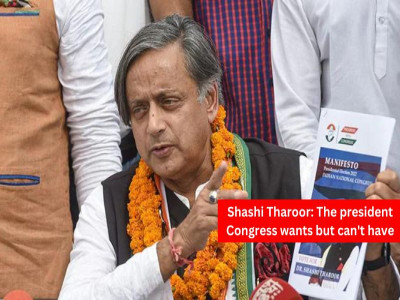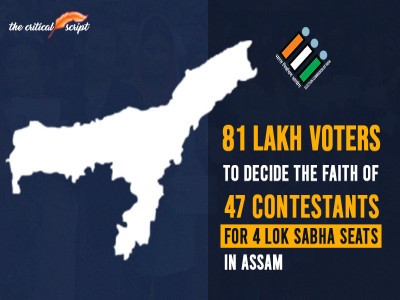
Assam’s changing political landscape, legal reforms, and CAA preparedness
Assam is currently witnessing significant developments that promise to shape its future. Chief Minister Himanta Sarma's recent statement regarding the representation of Muslim MLAs in the Assam Congress before the 2026 polls has sparked discussions about the evolving political landscape.
Assam, with the highest
percentage of Muslims among Indian states at 34 percent, plays a crucial role
in shaping the state's political dynamics. The recent statement by CM Himanta
Sarma indicating a potential decrease in the number of Muslim MLAs within the
Assam Congress before the 2026 elections raises questions about the future
composition of the state's political representation.
The political landscape
in Assam has been transforming, with parties realigning their
strategies to adapt to changing demographics and voter preferences. The Chief
Minister's observation hints at a potential shift in the political affiliations
and alliances, highlighting the need for a comprehensive understanding of the
evolving scenario.
In a parallel
development, Assam recently made headlines for repealing the British-era Muslim
marriage law. This move adds another layer to the ongoing changes in the
state's legal framework. The decision to repeal the archaic law is seen as a
step towards modernization and aligning legal practices with contemporary
norms.
Additionally, the Assam
Police's proactive stance in gearing up for the implementation of the
Citizenship Amendment Act (CAA) has been noteworthy. The decision to cancel
leaves amidst anticipated protests indicates the state's preparedness to handle
potential demonstrations and maintain law and order. The CAA has been a
contentious issue, and Assam's readiness to address concerns and ensure a
smooth implementation process reflects a commitment to effective governance.
These multifaceted
developments underscore the intricate interplay between politics, legal
reforms, and administrative preparedness in Assam. As the state navigates these
changes, it is essential to monitor the impact on political representation,
legal practices, and civic engagement. The coming years are poised to be
transformative for Assam, and a nuanced understanding of these developments
will be crucial in deciphering the state's evolving socio-political landscape.
Disclaimer: The opinions expressed in this article are those of the author's. They do not purport to reflect the opinions or views of The Critical Script or its editor.

Newsletter!!!
Subscribe to our weekly Newsletter and stay tuned.

















Related Comments